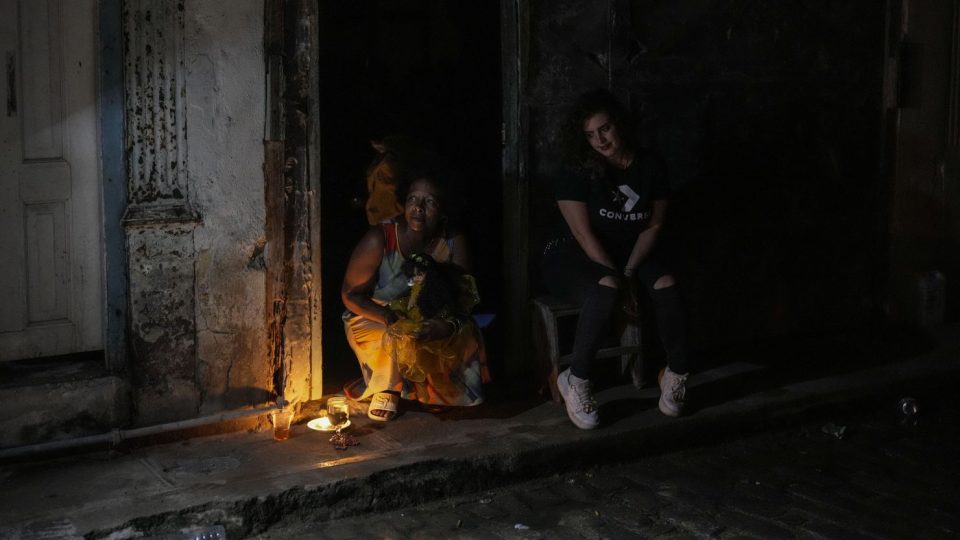Cuba grapples with a severe energy crisis as its power grid collapsed for the fourth time in three days, leaving millions without electricity ahead of Hurricane Oscar’s arrival. The Cuban Electrical Union reported that only 16% of the country had regained power when the overloaded grid failed again late Saturday. As of Sunday afternoon, over 216,000 residents in the capital, Havana, managed to restore power, despite the ongoing challenges.
Energy and Mines Minister Vicente de la O Levy announced that 52,000 workers were deployed to restore electricity but acknowledged that Hurricane Oscar, making landfall in eastern Cuba as a Category 1 storm with winds of 80 mph, would likely hinder these efforts.
Earlier, Oscar had struck Inagua Island in the Bahamas before hitting Baracoa around 5:50 p.m. EDT. The current crisis started on Friday with a major power plant failure, leading to an islandwide blackout that has persisted, impacting the lives of the 10 million citizens.
The outages have thrust Cuba into a deeper crisis, complicating access to clean water and preserving food supplies. Social media platforms like WhatsApp have seen residents sharing updates on power availability and pooling resources to store medications in homes with electricity or generators.
In Havana, residents endured long queues for bread as supplies dwindled. Frustration mounted as many felt overlooked while waiting in line for essential goods. Meanwhile, questions arose regarding the absence of support from Cuba’s traditional allies such as Venezuela, Russia, and Mexico, who previously supplied crucial oil shipments.
While tourists roamed Havana’s streets in vintage cars, many local hotels ran low on generator fuel. Reports indicated that José Martí International Airport was operating on emergency power, severely restricting services and leaving travelers without air conditioning or functioning ticketing systems.
Protests reportedly erupted overnight into Sunday, reflecting the growing discontent. In response to the energy crisis, the Cuban government is suspending classes from Monday to Wednesday, having already canceled sessions on Friday, while non-essential workers have been advised to stay home.
Cuban officials attribute the ongoing energy crisis to a convergence of factors, including U.S. economic sanctions and damage from recent hurricanes, compounded by the dire state of the country’s infrastructure. In a delayed televised address, Prime Minister Manuel Marrero Cruz stated that much of the country’s limited production was halted to prioritize power generation for residents.
Health Minister José Angel Portal Miranda confirmed that health facilities are operating on backup generators, and staff continue to provide essential services despite the challenging conditions.
Credit: CNN




